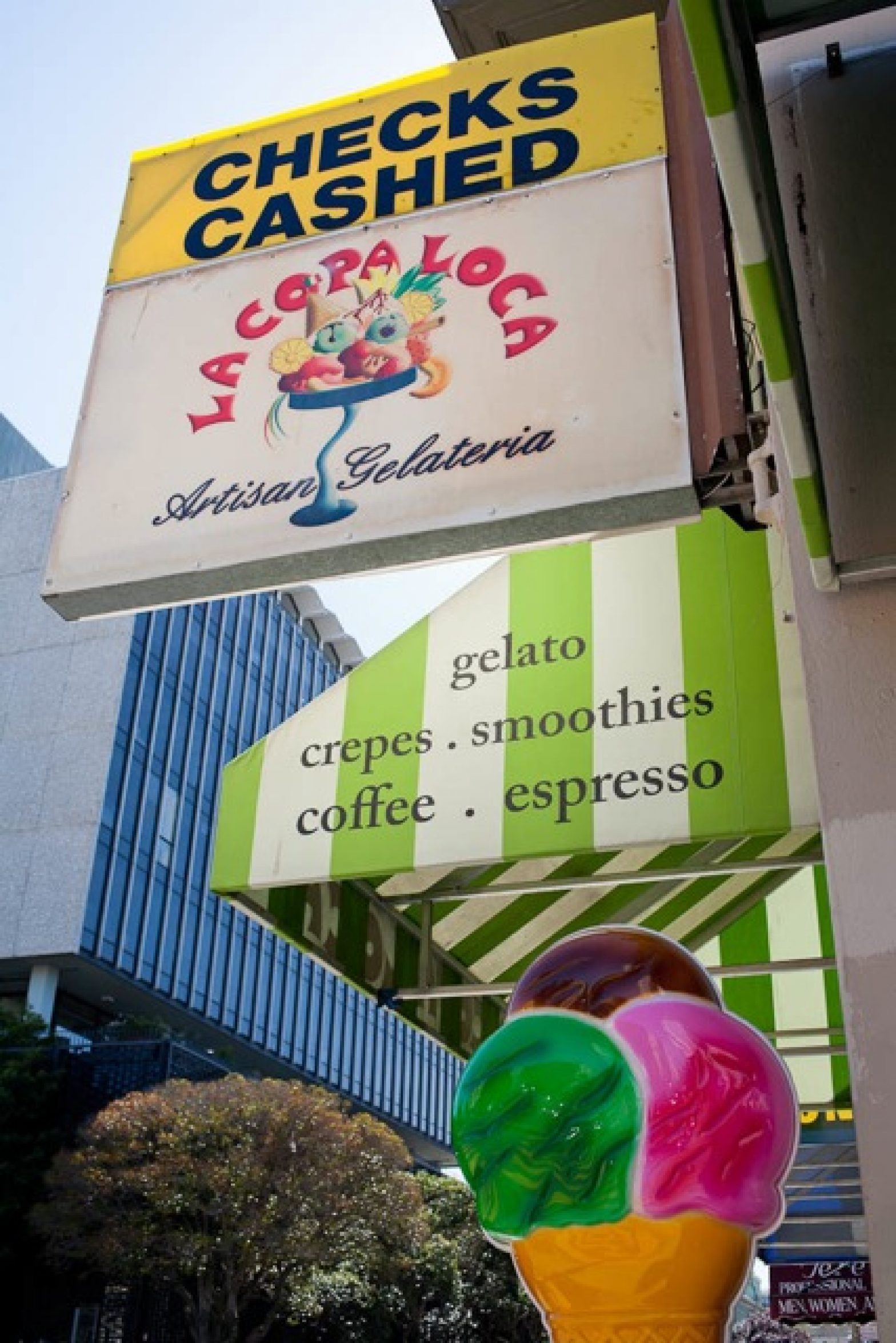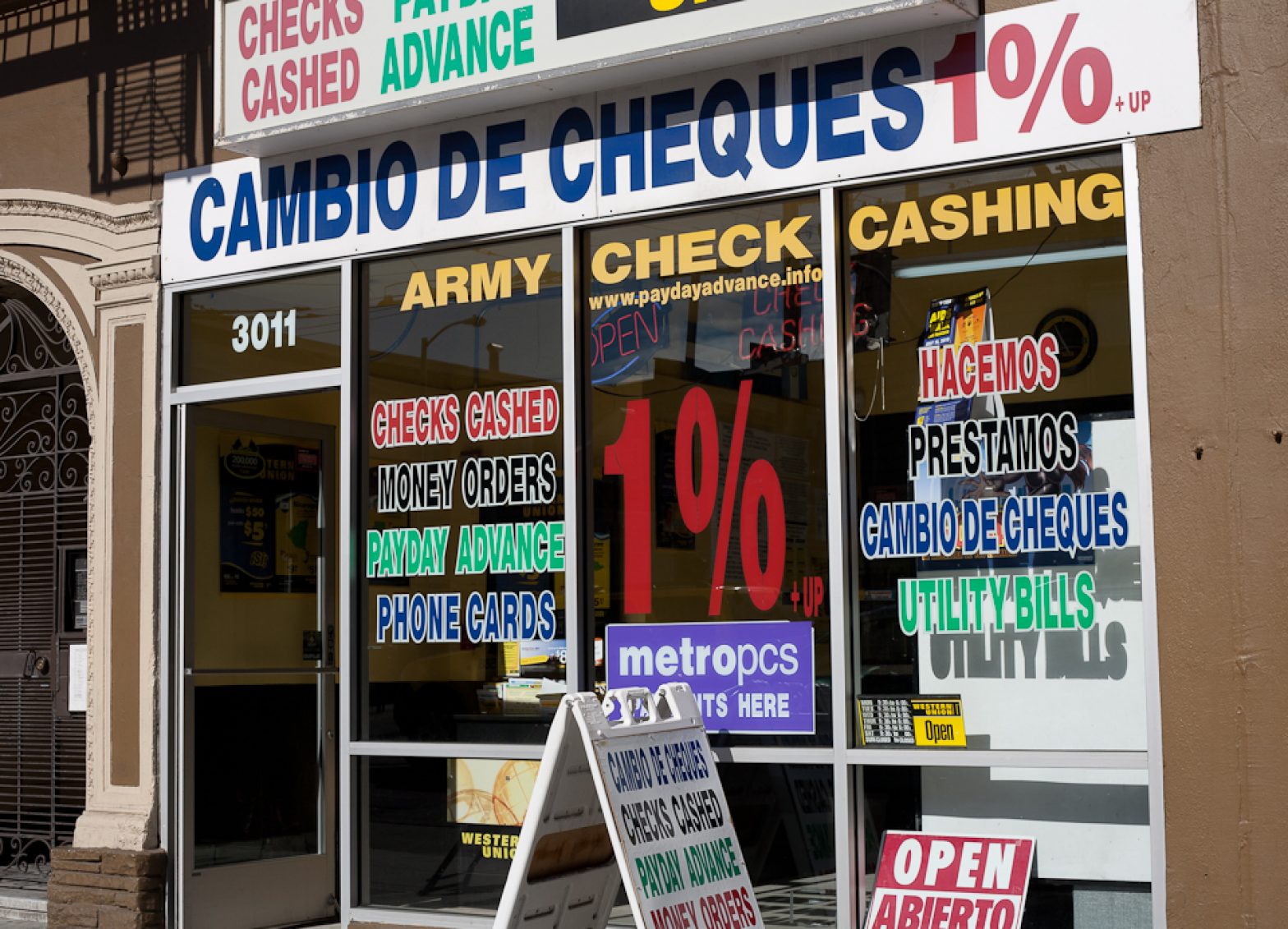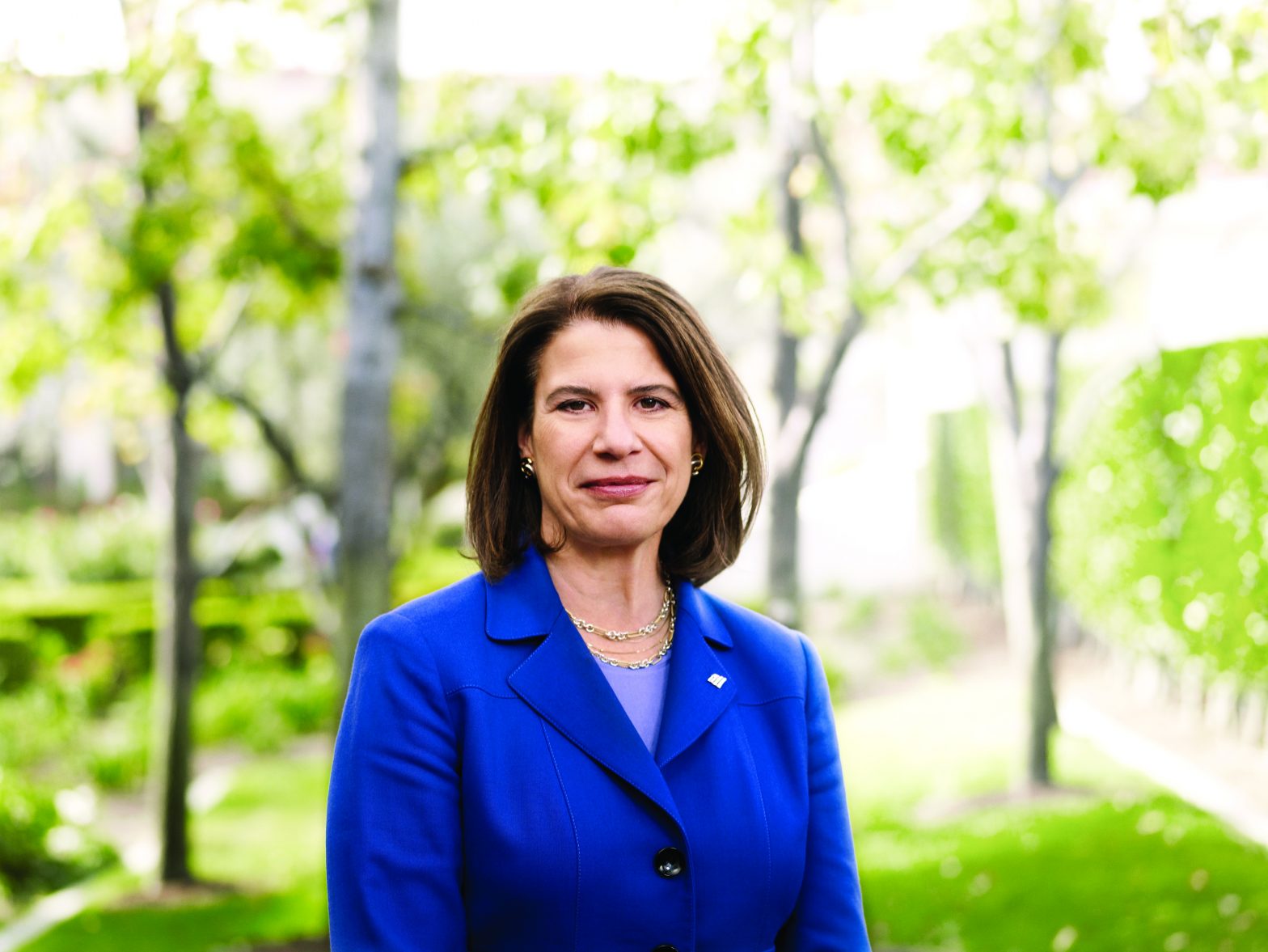Community
California legislature may expand lending limit
LEGISLATION: Lawmaker wants to raise payday loan limit to $500; others want restrictions
“Fast Easy Cash when you want it!” That’s the promise on the cover of an application for a “cash ’til payday” loan from DFC Global Corp. The company operates eight Money Mart stores in San Francisco, more than any other payday lender. But fast money comes at a high price —an annual percentage rate up to 459 percent. Currently, California has a $300 limit on each payday loan. But legislation pending in Sacramento would raise the maximum amount to $500. While supporters of the bill say the loans benefit working people, consumer advocates worry that borrowing at high interest rates can sink poor people further into debt. That was the concern of the San Francisco city attorney’s office, which this fall settled a suit with a payday lender accused of exceeding the legal limit.



